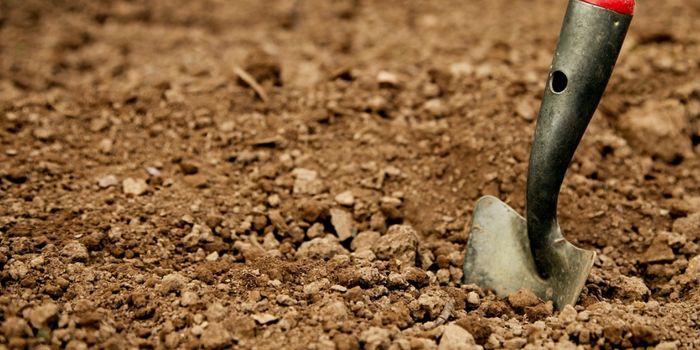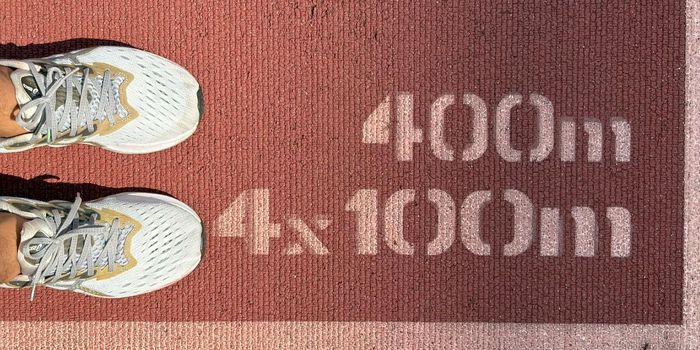Hemp Supercapacitors Outperform Other Kinds of Batteries
Research on hemp’s many uses is in its infancy, but recent studies suggest that hemp batteries can outperform lithium and graphene batteries. Hemp batteries are lighter in weight and charge more quickly; they also have a longer life expectancy and broader range of applications. Hemp supercapacitors can be a sustainable and economical source of powering everything including power tools, cars, and energy grids.
The process of hydrothermal synthesis is used to heat the inner fiber called hemp bast and turn the material into carbon nanosheets. These nanosheets are used to construct the inner part of a battery called a hemp supercapacitor. The material and design offer efficient storage and discharge of energy that make hemp batteries a cost-effective and energy efficient alternative to lithium and graphene batteries.
One study of hemp battery performance found that hemp batteries are eight times more powerful than lithium batteries. This small-scale study found that lithium has an energy density of 100-125 watt hours per kilo while hemp has 60-80 watt hours per kilo. Hemp supercapacitors recharge more quickly than lithium and provide more voltage.
Additionally, hemp batteries also outperformed graphene batteries. A 2013 study published in American Chemical Society Nano compared hemp and graphene battery performance. Hemp is similar to graphene batteries in weight and energy storage, but hemp battery production is more economical. The researchers provided evidence that the interconnected carbon nanosheets resulted in “ultrafast” supercapacitors.
Depending on the purpose for growing hemp, sometimes this material is treated as plant waste material, but growers are increasingly interested in growing hemp for multiple uses. For example, growers can cultivate for medical CBD extraction and use the hemp fiber for industrial reasons such as building materials if allowed by state agricultural regulations. Using hemp for batteries reduces plant waste and minimizes harvest labor needs and costs.
Sources:
American Chemical Society Nano, Cannabis Tech








